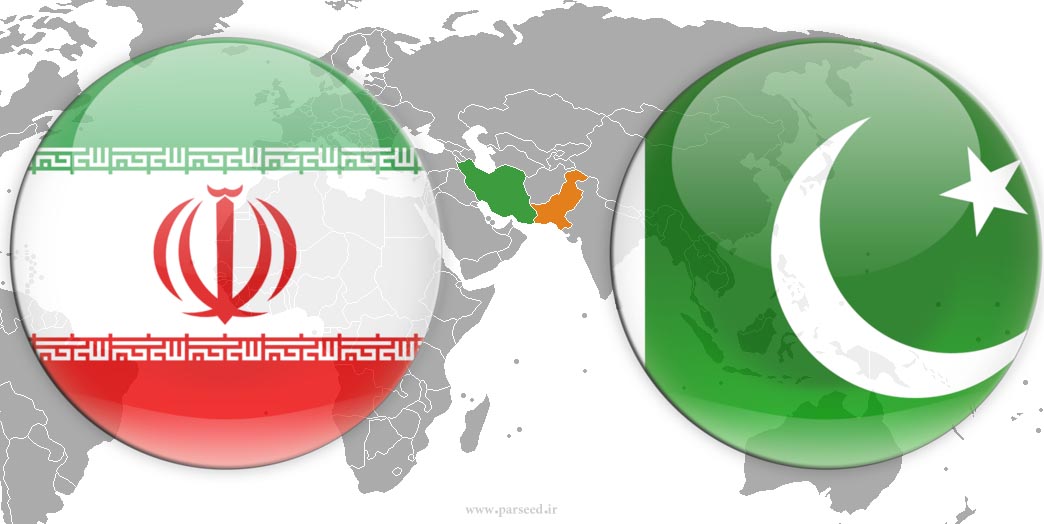Pakistan almost certainly will not be able to receive gas from Iran even after most sanctions on the latter have been lifted, because apparently, the United States is keen to restrict Russia’s access to the European market.
Influential British daily The Guardian had reported in August 2013: “[Syrian President Bashar al] Assad refused to sign a proposed agreement with Qatar that would run a pipeline from the latter’s North field, contiguous with Iran’s South Pars field, through Saudi Arabia, Jordan, Syria and on to Turkey, with a view to supply European markets — albeit crucially bypassing Russia.”
Quoting a report by international news agency Agence France-Presse, the daily added: “Assad’s rationale was ‘to protect the interests of [his] Russian ally, which is Europe’s top supplier of natural gas’.”
The pipeline may be the reason why Russia finds itself in conflict.
Turkey is Russian company Gazprom’s second-largest customer. The firm meets 50% of Turkey’s energy needs.
Now there are reports that Europe and the US have been persuading Tehran to transport gas to Europe through Turkey, in a bid to end Russia’s monopoly. However, it will be a critical task for Iran to back the US and the European Union’s plans against Russia.
Turkey was said to have been persuading Assad to work with the proposed Qatar-Turkey pipeline, which would ultimately satisfy Turkey and the Gulf Arab states’ desire for dominance over gas supplies. But after Assad refused Turkey, the latter and its allies supposedly became the ‘major architects of Syria’s civil war’.
Jonathan Elkind, assistant secretary for international affairs at the US Department of Energy, has told the media that the US sanctions were still in place, leaving the fate of the Iran-Pakistan gas pipeline project in the balance.
Elkind had also advised Pakistan to ink gas deals with some other international players due to low gas prices.
The US is pushing Pakistan to implement the Tapi gas pipeline project, which would connect Turkmenistan, Afghanistan, Pakistan and India. However, it has been discouraging Pakistan from implementing the IP gas pipeline project.
Due to the threat of sanctions, Islamabad has been facing problems securing the required funding for the IP pipeline.
Pakistan and China are currently working on an alternative to the IP project. Under the Sino-Pakistan project, a Chinese firm would lay an LNG pipeline from Gwadar to Nawabshah and set up an LNG terminal at the Gwadar port.
However, a senior government official said Pakistan was still being pressured for implementing the project, as it would connect to the Iranian border after clearance from the US.
Tehran and global powers signed a nuclear deal in July 2015, leading to hopes of implementing the IP project.
Earlier, the ruling Pakistan Muslim League-Nawaz (PML-N) government had requested the US to exempt the project from possible sanctions. But the US refusal created even more doubts about the project’s fate.
Even after the US lifts sanctions on Tehran, there is still uncertainty about the fate of the project because of certain sanctions. It seems that the US and the EU countries are pushing the stance of Middle Eastern countries such as Saudi Arabia and Qatar of not wanting Iran’s dominance over gas supplies.
The US has pushed Pakistan into signing a long-term LNG deal with Qatar. It may be said that Qatar has replaced Iran as far as gas supplies are concerned and would also have dominance over the oil market.
Islamabad and Doha recently signed a $15 billion LNG deal that would ensure Qatar’s dominance in the South Asian region.
As far as global politics is concerned, there is apparently no hope for Pakistan to be able to implement the IP gas pipeline project, especially after the US advice to Pakistan to ink agreements with other suppliers.
Read : US ‘softly’ says no to Iran-Pakistan gas pipeline project






